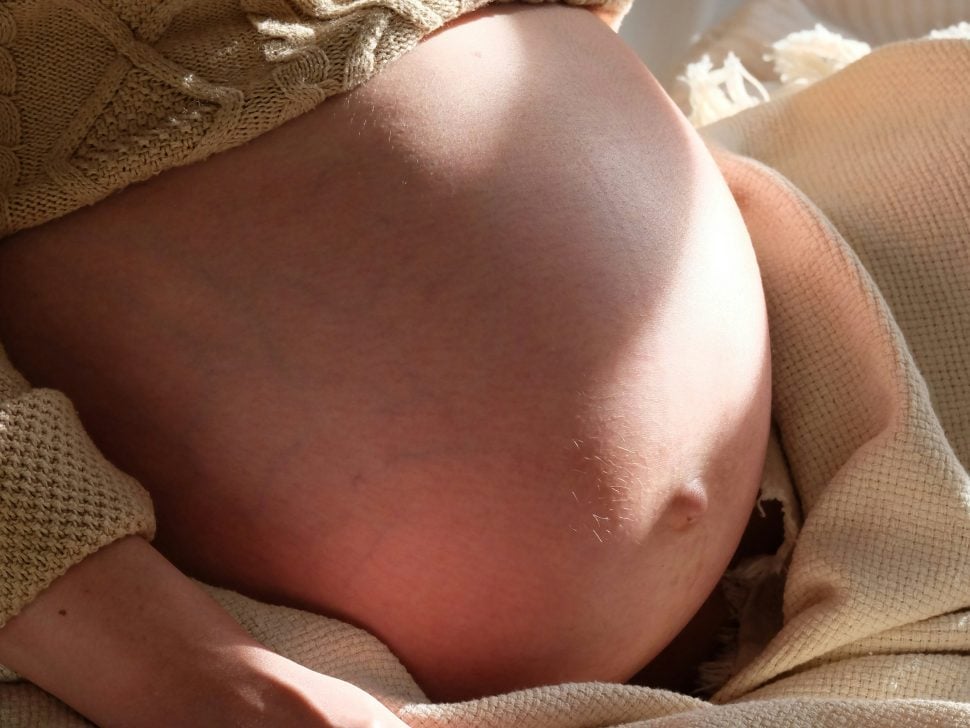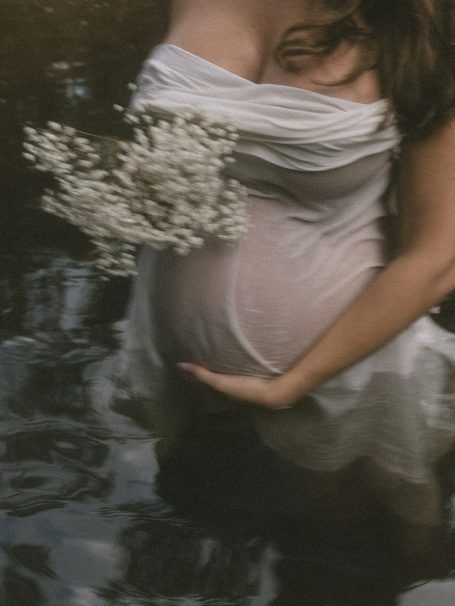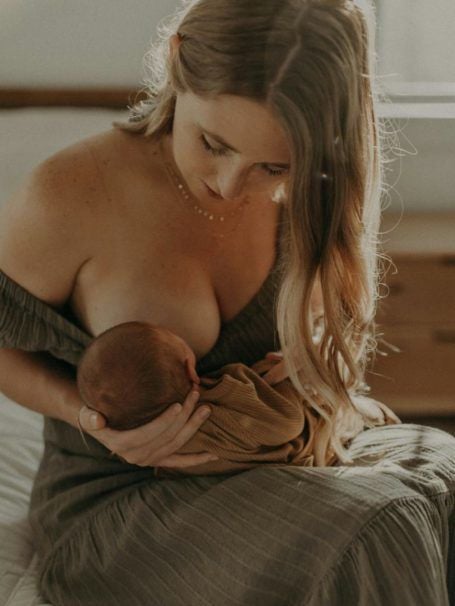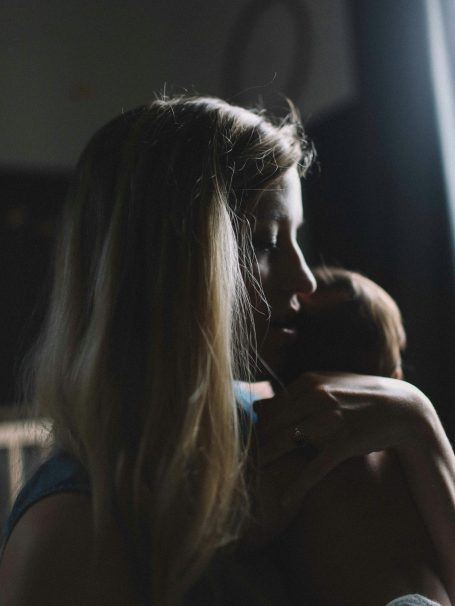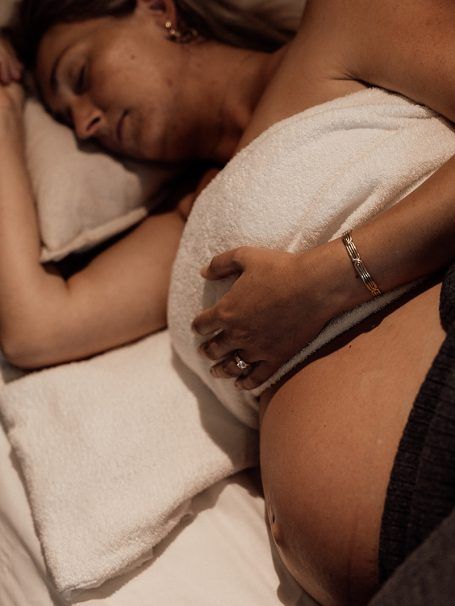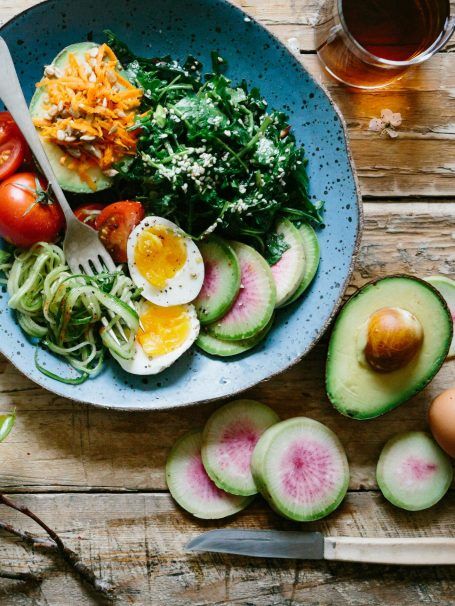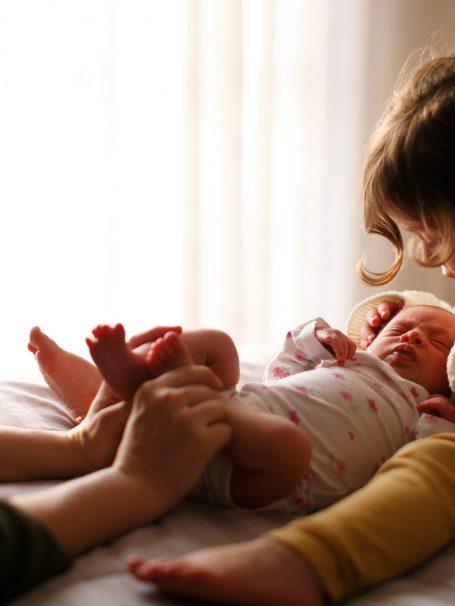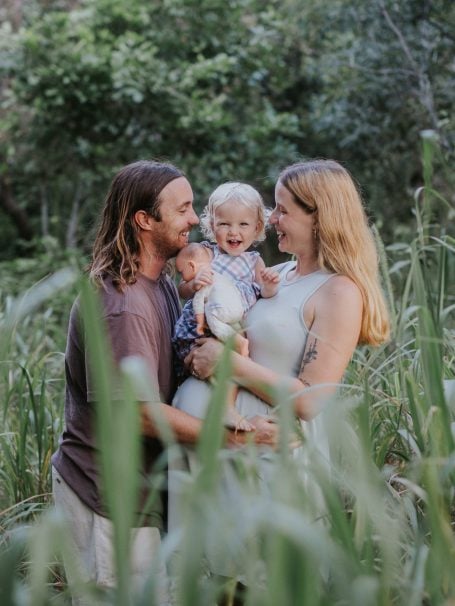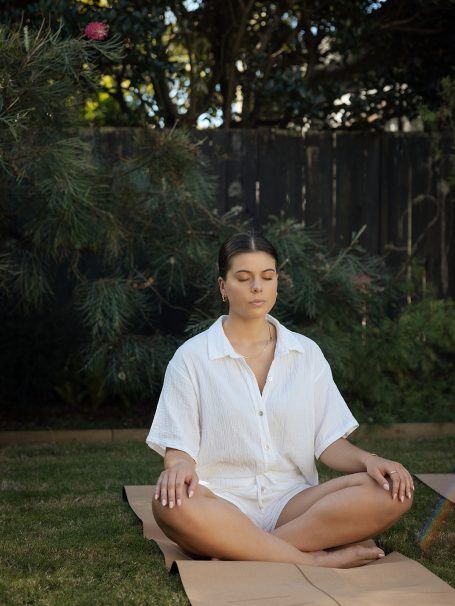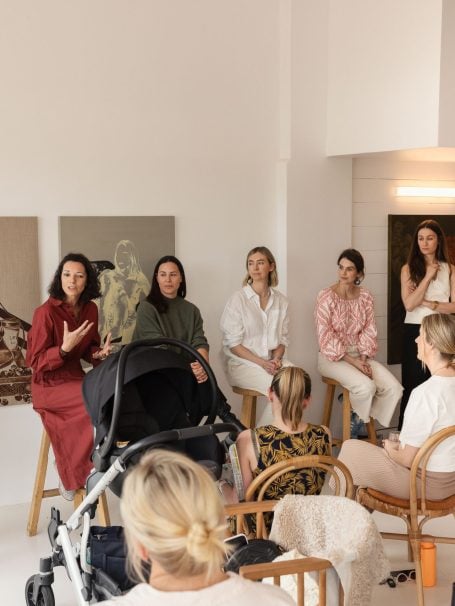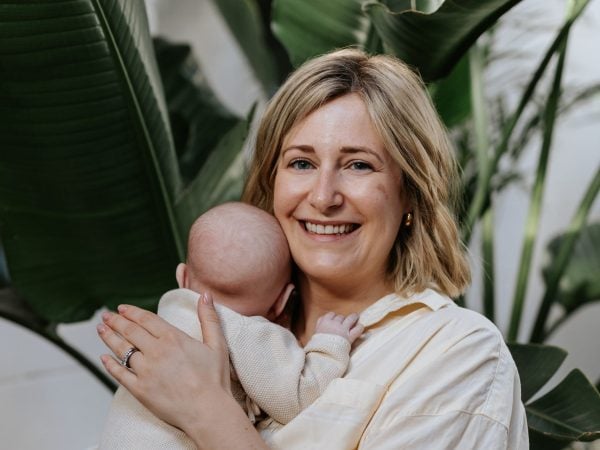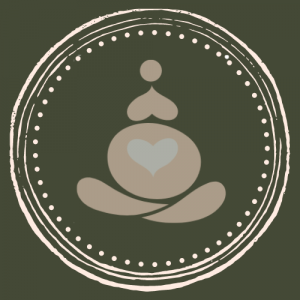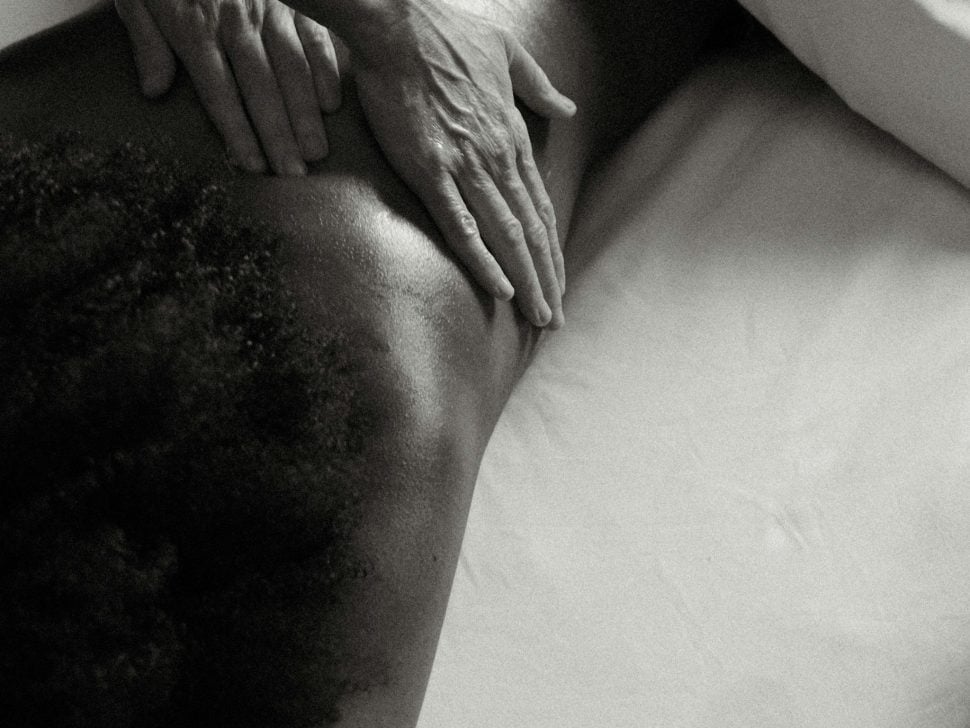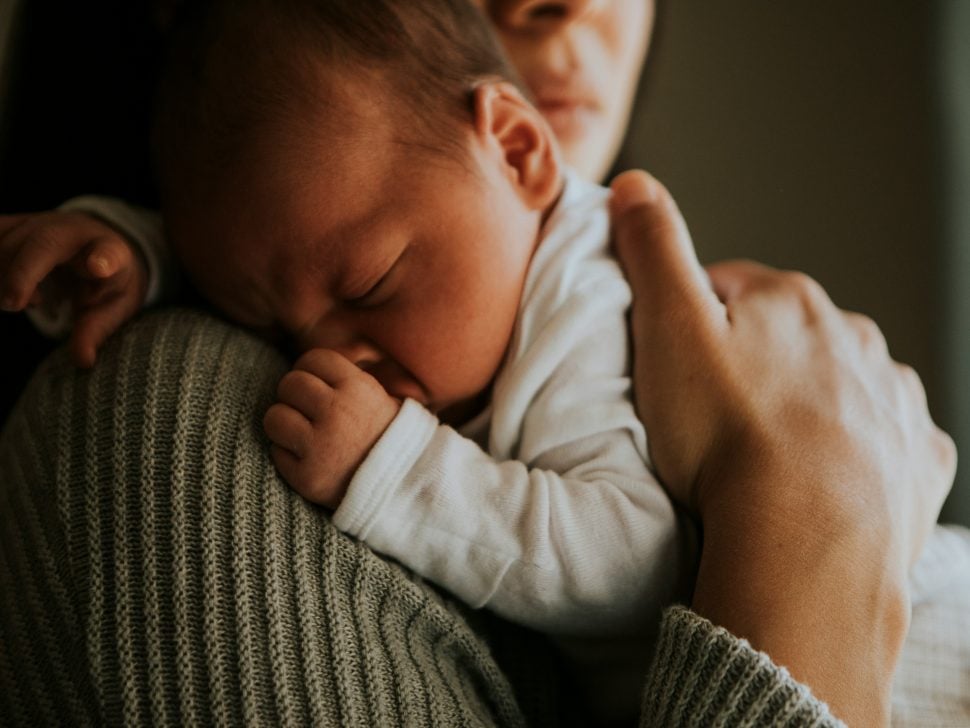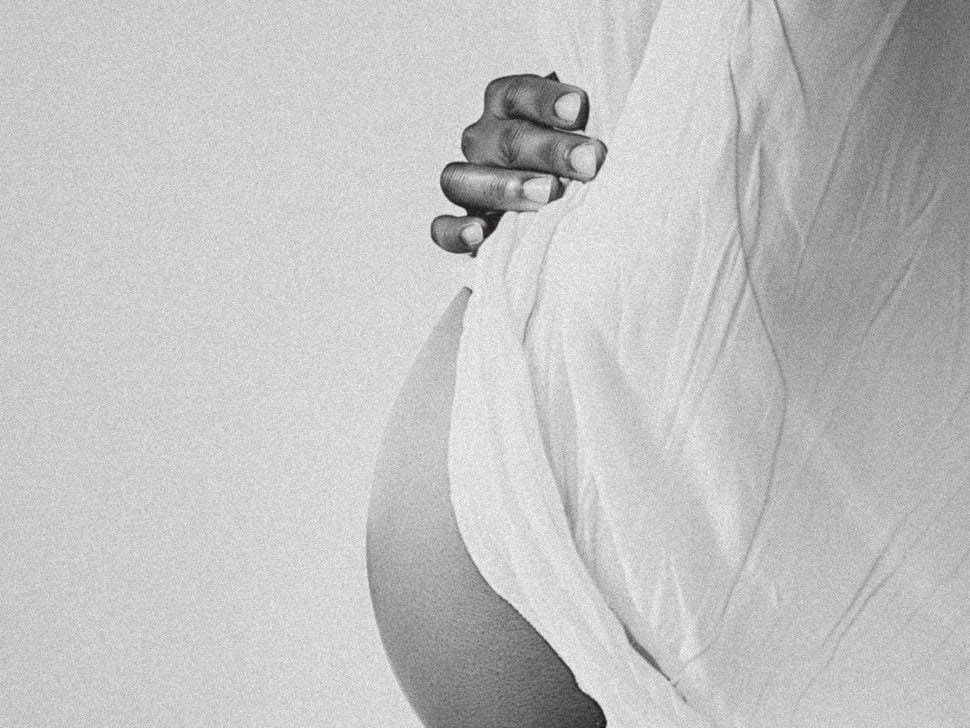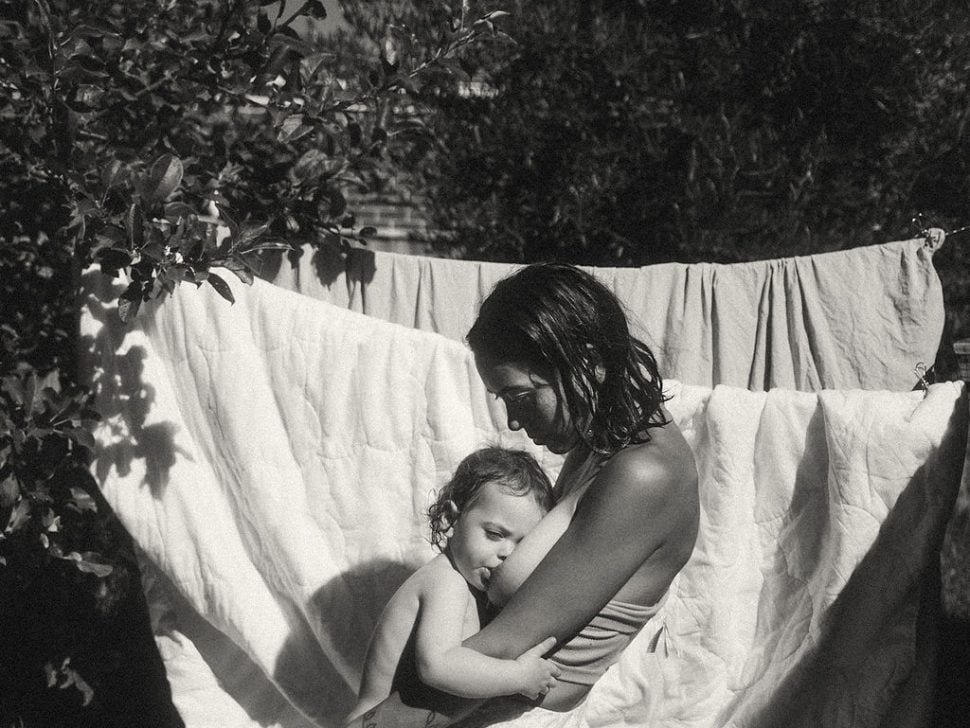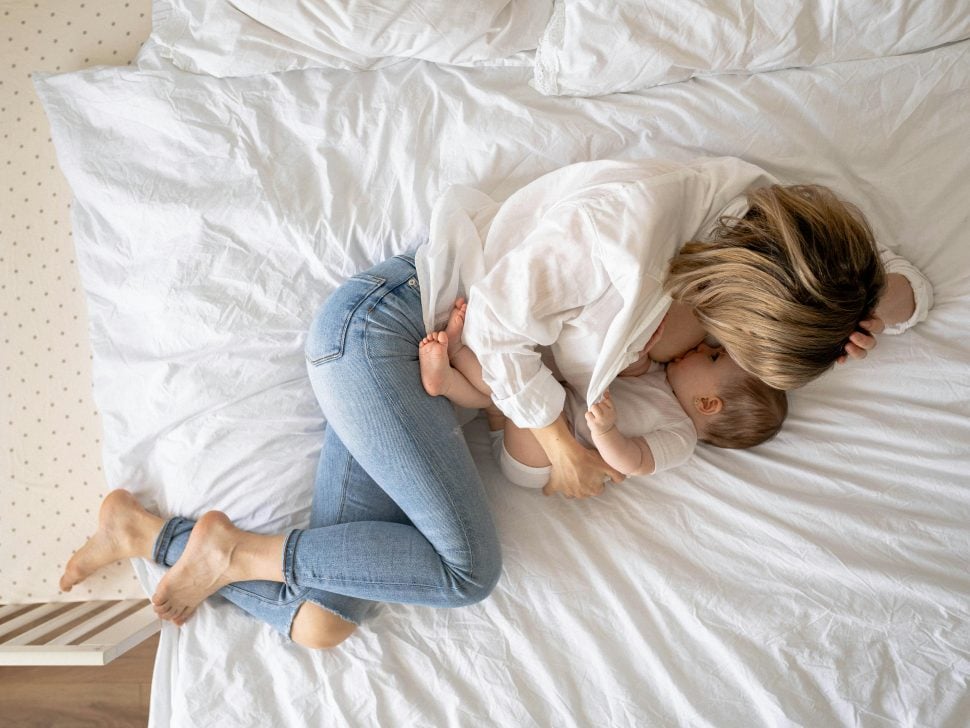
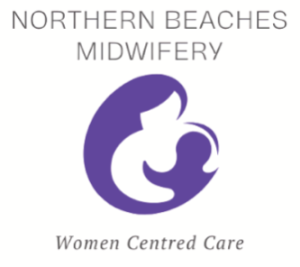
Northern Beaches Midwifery
Northern Beaches Midwifery offers the gold standard “Continuity of Care”. As a mother, Registered Nurse, Endorsed Midwife & Lactation Consultant (IBCLC), I offer the guidance and support you need in the postnatal period. Here’s how I can assist you:
Personalised Support Every mother-baby duo is unique, and I tailor my approach to meet your specific needs. Which ever way you choose to feed your baby, breastfeeding, mixed feeding or formula, if this is your first time or have prior experience, I’m here to help you overcome any challenges.
Comprehensive Knowledge I stay current with the latest research and best practices in lactation and responsive parenting. From latching techniques to concerns about milk supply, settling baby and the normal newborn behaviour can be very confusing. I’m ready to answer your questions and provide evidence-based solutions to help you reach your breastfeeding goals.
Emotional Support I understand that a newborn baby can be an emotional journey. Alongside practical assistance, I create a caring and nurturing environment where you can freely discuss your concerns. I’m here to listen and encourage you throughout the process.
Flexible Appointments I offer both in-person visits and online virtual consultations to suit your preferences. I can schedule appointments at times that work best for you, whether you’re at home or on the go.
6-Week Postnatal Care Packages After the birth of your baby and following your hospital discharge, I will visit you at home to provide support and guidance, ensuring a successful confident start to your parenting/breastfeeding journey. Research shows that women who receive support during this time tend to breastfeed for longer. Individualised postnatal packages attract a Medicare rebate if you are within the 6-week postnatal period.
Post-Consultation Care My commitment to your journey doesn’t end with one session. If you choose, I offer ongoing support and follow-ups to help you thrive as you continue your breastfeeding experience.
Don’t let breastfeeding and challenges hold you back. Let me support you in this incredible bonding experience with your little one. Contact me today to book your personalised consultation and discover the keys to successful breastfeeding, and confident parenting
Together, we’ll make your journey fulfilling for both you and your baby! Every mother deserves the best start.

